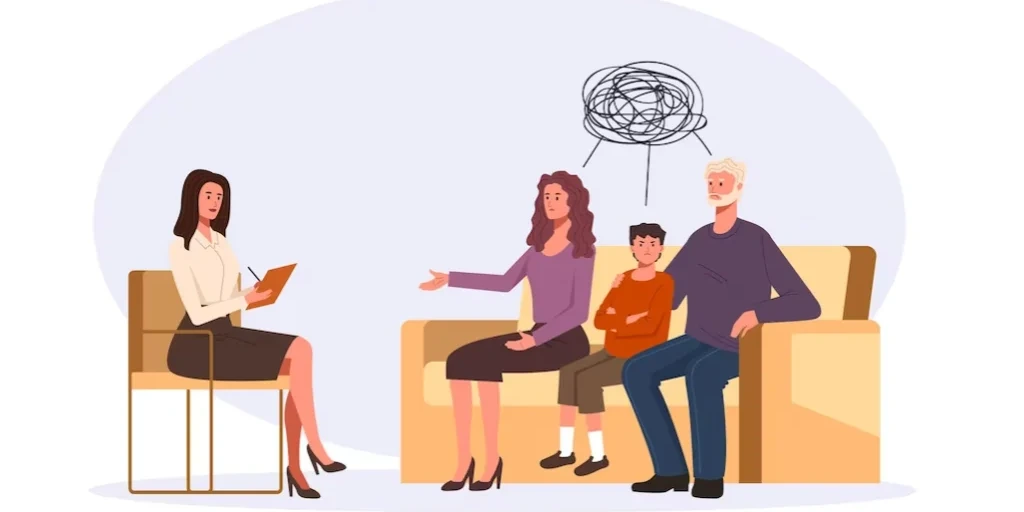24/7 Helpline:
(866) 899-221924/7 Helpline:
(866) 899-2219
Learn more about Medication-assisted Treatment centers in Owatonna

Other Insurance Options

Magellan Health

Sliding scale payment assistance

Optima

Multiplan

Coventry Health Care

MHNNet Behavioral Health

United Health Care

Covered California

Holman Group

Health Partners

CareFirst

GEHA

Evernorth

Anthem

MVP Healthcare

Lucent

Self-pay options

Sutter

Humana

Kaiser Permanente

Beauterre Recovery Institute
Beauterre Recovery Institute is a private rehab located in Owatonna, Minnesota. Beauterre Recovery I...

South Central Human Relations Center – Dual Recovery Program
South Central Human Relations Center – Dual Recovery Program is a non-profit rehab located in Owaton...

Owatonna Hospital – Behavioral Health
Owatonna Hospital – Behavioral Health is a private rehab located in Owatonna, Minnesota. Owatonna Ho...

West Hills Lodge
West Hills Lodge is a private rehab located in Owatonna, MN. West Hills Lodge specializes in the tre...



Safe Harbour
Safe Harbour is a private rehab located in Owatonna, Minnesota. Safe Harbour specializes in the trea...


